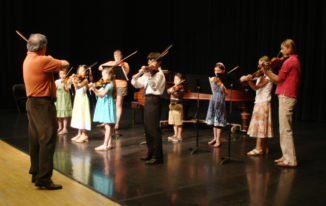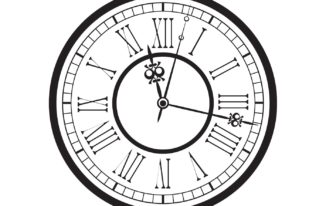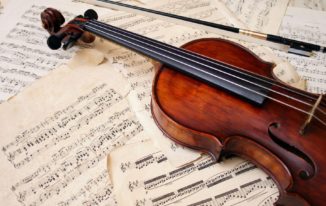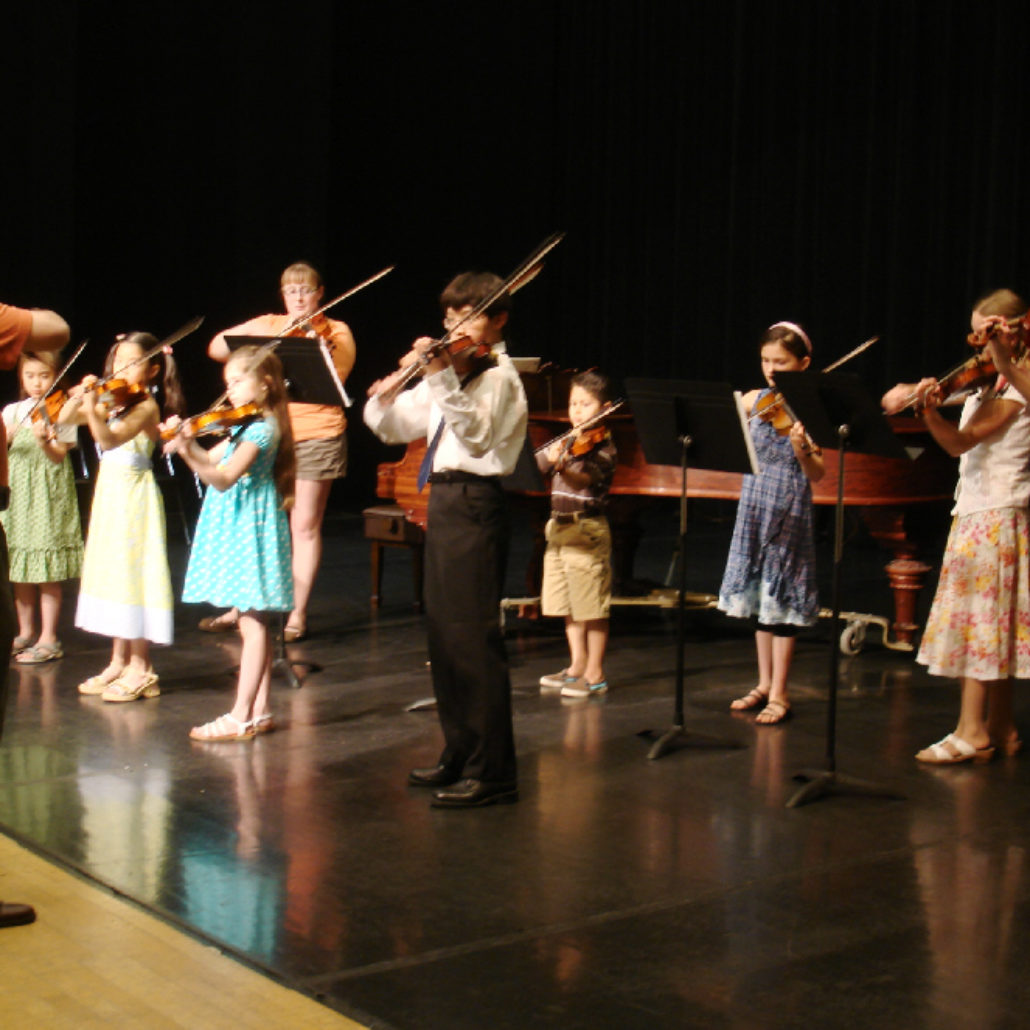To grow, go with a pro
 Gather round, friends, for today we speak of the great and mysterious violin lesson! Ok, so it’s not so mysterious. But violin lessons are great! I’ve been playing violin for twenty plus years, and of those years, I will have taught music professionally for sixteen years. I’ve sat under the tutelage of some incredible instructors and learned some undeniably sound lessons when it comes to acquiring knowledge and what’s important to musical growth.
Gather round, friends, for today we speak of the great and mysterious violin lesson! Ok, so it’s not so mysterious. But violin lessons are great! I’ve been playing violin for twenty plus years, and of those years, I will have taught music professionally for sixteen years. I’ve sat under the tutelage of some incredible instructors and learned some undeniably sound lessons when it comes to acquiring knowledge and what’s important to musical growth.
I want to impart some of those concepts to you, but in the context of what violin lessons are, when they are appropriate, and why you will want to receive instruction. No matter how talented anyone is, having guidance from a professional will always help you move correctly, efficiently, and quickly towards excellence. On that note (heh), here we go!
Exactly what does it mean to take violin lessons?
By definition, lessons simply are, “an amount of teaching given at one time; a period of learning or teaching”. I personally tend to gravitate more toward the latter half of the definition. To me, learning and education are a life-long pursuit. In other words, the “period of learning or teaching” will last for a long time if you so desire.
I encourage everyone, when they begin learning any instrument, to view this as a journey with multiple goals and milestones along the way. Don’t just look at learning the violin as a short-term goal. This is a lifestyle from the rosining of your bow to the closing of your case.
We establish a pattern of practicing that includes how long we practice, how often we practice, and why we practice. This is part of who you will become not only as a violinist, but as a musician. So ultimately, “taking lessons” means acquiring knowledge of our chosen instrument and accompanying musical understanding over a long period of time.
It means taking notes. It means going home and reinforcing what we’ve learned. It means meeting with, or listening to a teacher perhaps once a week or more. It means planning for what techniques we are learning and want to learn and how we get to the point of acquiring those skills.
What will I learn?
Violin lessons can be either online, in person, or both. When it comes to learning an instrument, there is only one main rule: practice. As it pertains to our learning an instrument, I abide by something one of my college professors told me: absorb everything you can. I still tell my studio this very quote.
When my students ask me if they should go see a hard rock band, that’s my response. If they want to learn jazz but aren’t sure if the violin can play it, that’s my response. When all they want to do is play country music, I say, “absorb everything you can.” This applies to their learning the country genre and also to their learning in general.
Don’t limit yourself solely to country or classical or jazz. Make a point to venture into other areas. To that point: devour youtube, television, and the radio/podcasts. There is almost nothing you can listen to that will hurt your development, unless the instruction is flat out wrong.
Up close and personal
And that brings me to my next point: it’s important to have an in-person, local, instructor. Learning from youtube is encouraged. However, there’s only so much you can do on your own. A local, in-person instructor will help to give structure to your learning.
They will be able to create a curriculum that will suit your needs and goals. If you want to learn bluegrass, they can tailor your learning towards bluegrass. If you desire to play classical music, they can tailor your learning towards classical.
There are some caveats here. It’s important to find an instructor who either specializes in multiple genres, or one who specifically specializes in your desired style of music. However, once you’ve found them, go ahead and watch as many videos on youtube as you can. Your instructor will be able to help you separate the useful information from the rubbish.
 When should I start my lessons?
When should I start my lessons?
Ideally, from the moment you have interest in your chosen instrument. Some people will have differing opinions on this, and that’s ok. My general rule of thumb is “whenever the student can stay focused for five to ten minutes or more”.
This works well for Suzuki students, but other methods require reading in your native language which means more like six to eight years of age. If you are older than any of these ranges, don’t worry. This isn’t a competition.
If you have interest in the violin, the desire to be the best you can be, and the time required for practicing (or are willing to make the time to practice), then it’s the right time to start lessons. If you don’t have the time to practice yet, but you want to get a jump start, watch all the youtube videos you can possibly handle, and then some. Get yourself primed and ready to go as soon as you get your instrument and your curriculum from your teacher. The more prepared you are, the faster your learning will be.
Why should I take violin lessons?
Taking lessons on any instrument is akin to traveling to a new geographic location, a place you’ve never been to before. Except, it’s much more like traveling there BEFORE we had GPS enabled phones to tell us exactly where to go. There’s a lot of great resources out there. Many great books have been written on how to play the violin and other instruments. However, there will never be a substitute for having a personal guide to navigate to your destination.
You need someone who has been there. You need someone with experience who can help you overcome any obstacles you may encounter. Violin lessons with a good teacher can elevate you to a higher level of skill and success in a shorter amount of time. On the pro side of having an instructor, there’s never any guess work on where to go or what comes next.
Ideally, your instructor will have a curriculum set for you and technique skill builders at your disposal. For the most part, you will have very little of your time spent searching for materials and more time practicing and conquering your next challenge. If you decide to go it alone, you will need to do a lot of your own research and your own studying to figure out what to practice and even how to practice.
Just my style?
On the flip side of that, learning on your own can also help you develop your own style. Many of the greatest fiddle players have done exactly that. There is certainly something to be said for allowing your creativity to run freely. However, I will say this: your technique and posture has a greater tendency to suffer.
Some people have even said that they don’t want to learn “anyone else’s” songs. Can I be honest here? I find this to be a very myopic perspective. Don’t close yourself off from the rest of the musical world. There’s no need to re-invent the wheel. Lessons and learning works by other composers will help give you what works best and then you can take that information and mold your playing style to suit your tastes.
Final thoughts
 In summation, I suggest taking violin lessons locally, with a hands on instructor as well as using all the resources at your disposal online and in libraries. Go to concerts, watch videos, read articles, explore genres different from the ones you prefer.
In summation, I suggest taking violin lessons locally, with a hands on instructor as well as using all the resources at your disposal online and in libraries. Go to concerts, watch videos, read articles, explore genres different from the ones you prefer.
On that note, we here at Musilesson hope we can facilitate your learning to the best of our ability and be one of your favorite online information sources. All of these tips will help you be the best violinist you can be. So go out there and make some beautiful music!
